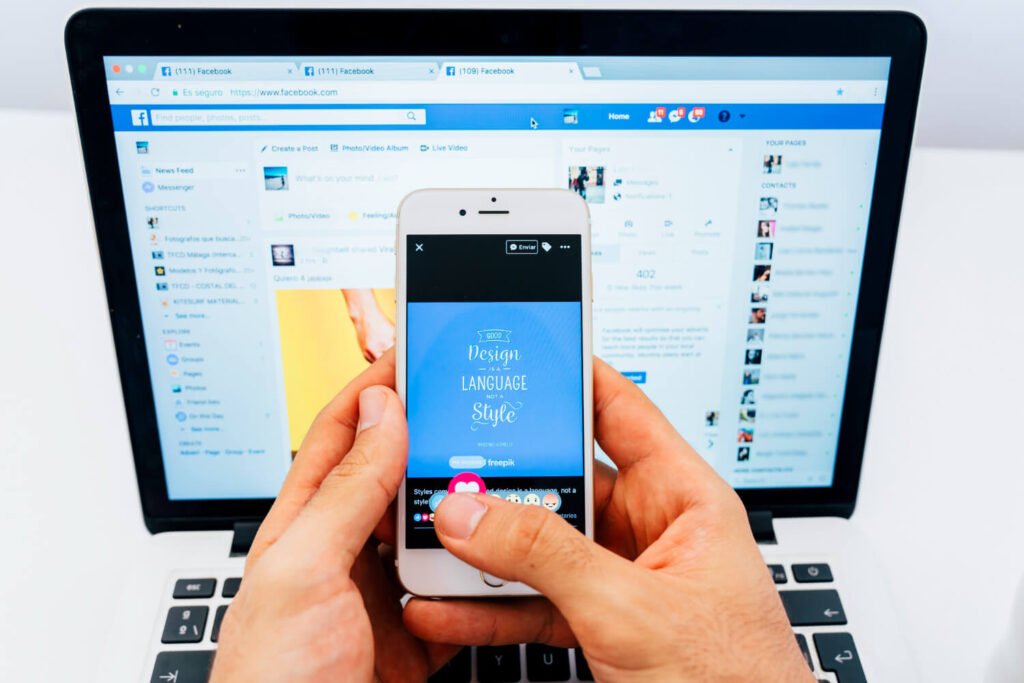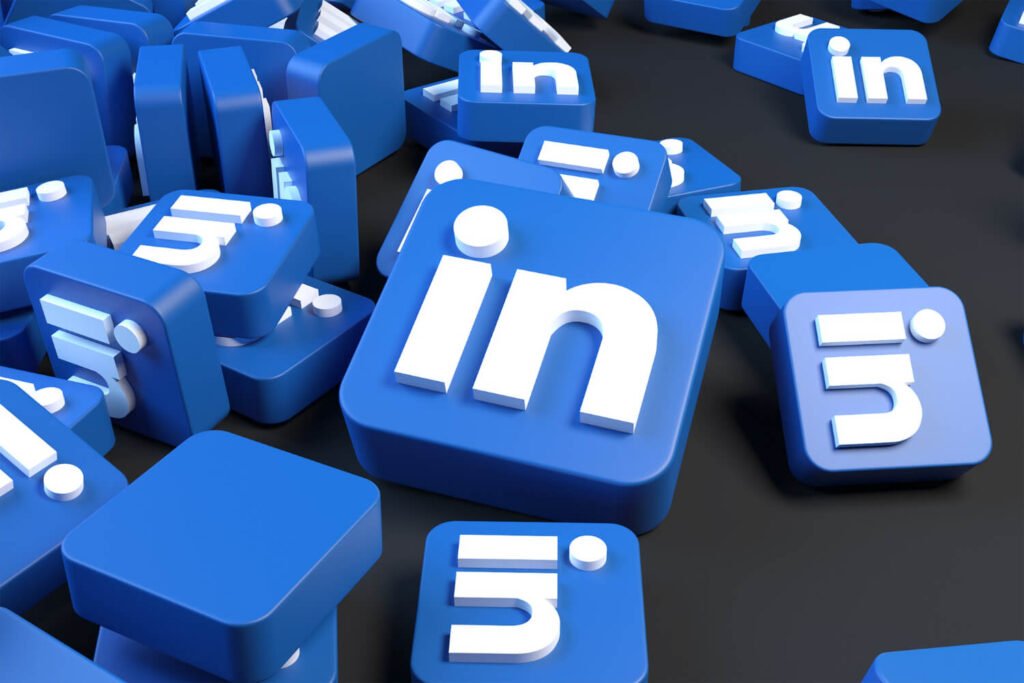Marketing Success Stories: Real Brands, Real Wins
When we talk about “marketing success stories,” we’re not just referring to viral ads or catchy taglines. We’re talking about strategic brilliance, authentic storytelling, and campaigns that made audiences feel, think, and act. From major global brands to agile startups, the best marketing campaigns share common ingredients: emotional connection, innovative strategy, data-driven insights, and a deep understanding of their target audience.
In this blog, we break down inspiring marketing case studies from some of the world’s most recognizable names and analyze what made them stand out. If you’re a marketer, brand owner, or curious learner, this guide will demonstrate how effective marketing can transform your business .
1. Nike’s “Just Do It” Campaign
Year Launched: 1988
Key Takeaway: Align your value proposition with your audience’s emotions.
Nike didn’t just sell shoes; they sold empowerment. Featuring everyday athletes and stories of personal victory, the campaign connected with people emotionally. This iconic tagline helped Nike increase sales from $800 million to over $9 billion in a decade.
Pro Tip: Pair simple copywriting with a universal emotional trigger.
2. Dove’s “Real Beauty” Movement
Launched: 2004
Key Takeaway: Authenticity builds trust.
Dove flipped the beauty industry on its head by using real women, not models. The campaign’s emotional tone, backed by research, resonated with millions. It sparked global conversations about self-esteem and body image.
Success Factor: They understood their audience and delivered a culturally relevant, empathetic message.
3. Coca-Cola’s “Share a Coke” Campaign
Launched: 2011 in Australia, then globally
By printing names on bottles, Coca-Cola personalized the brand experience. Consumers hunted for their names, shared them on social media, and engagement skyrocketed. This is one of the best case studies in personalization and user-generated content.
Key Insight: Personalization drives engagement.
4. Old Spice: “The Man Your Man Could Smell Like”
Launched: 2010
Key Takeaway: Humor and viral content can rebrand you.
Until they reinvented themselves with witty, bold content, people perceived Old Spice as outdated. The campaign went viral, rejuvenated the brand, and boosted sales by 125%.
5. HubSpot’s Inbound Marketing Strategy
Key Takeaway: Educate to convert.
HubSpot became a B2B marketing giant by providing free resources—blogs, ebooks, webinars. This content-driven approach nurtured trust, built authority, and converted leads.
6. GoPro’s User-Generated Content Model
Key Takeaway: Let users be your marketers.
GoPro invited customers to share their adrenaline-pumping videos, turning their products into storytelling tools. This strategy fostered community and scaled their content reach exponentially.
Boost Tip: Use user-generated content for authentic marketing.
7. Apple’s “1984” Commercial
Apple disrupted conformity with its now-legendary Super Bowl ad. The bold, cinematic ad positioned Apple as an innovator and rebel brand.
Impact: Set the tone for Apple’s visionary brand identity.
8. Red Bull: Marketing Beyond the Product
From space jumps to extreme sports, Red Bull turned itself into a content and experience brand. The marketing was not about the drink but the lifestyle.
Takeaway: Sell the experience, not just the product.
9. Vicks’ #TouchOfCare Campaign
Key Takeaway: Emotional storytelling with a social message.
Vicks used heart-touching stories like a transgender mother raising a daughter to humanize their brand. The storytelling was honest and impactful, redefining brand purpose.
10. Gymshark: Influencer-First Strategy
Young and bold, Gymshark rose to prominence through micro-influencers and fitness communities. They knew where their audience lived (Instagram, YouTube) and met them there with relatable content.
FAQs
Q1. What are marketing success stories?
A: They are case studies of campaigns that exceeded goals using strategic creativity and audience understanding.
Q2. How can I create my own marketing success story?
A: Understand your audience deeply, leverage data, and tell compelling, authentic stories.
Q3. Which industries benefit most from storytelling?
A: All industries can use storytelling effectively—from tech to retail to B2B.
Q4. What tools help track campaign success?
A: Use tools like Google Analytics, HubSpot, SEMrush, and social media insights.
Q5. Can I use humor in serious industries?
A: Yes, when done respectfully and strategically, humor can humanize any brand.
Internal Links:






